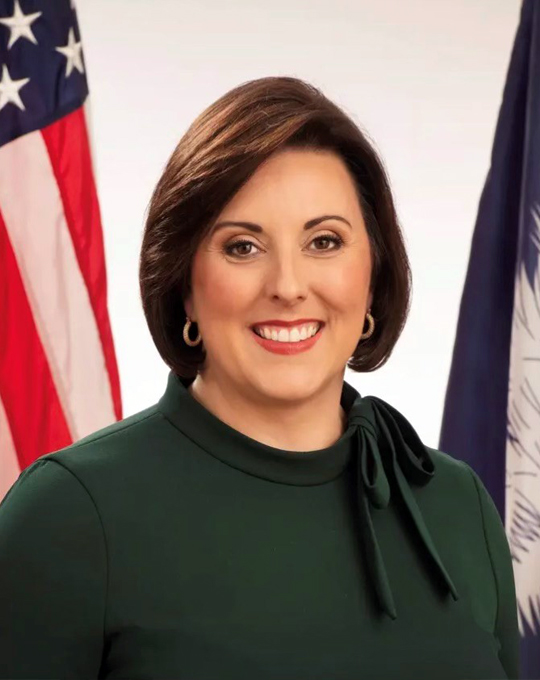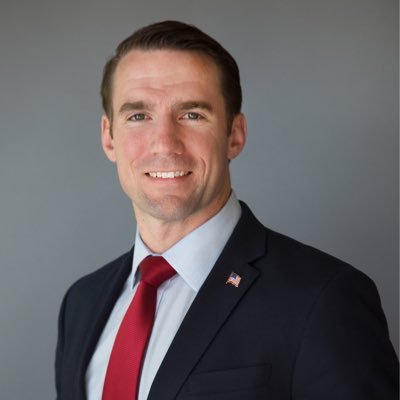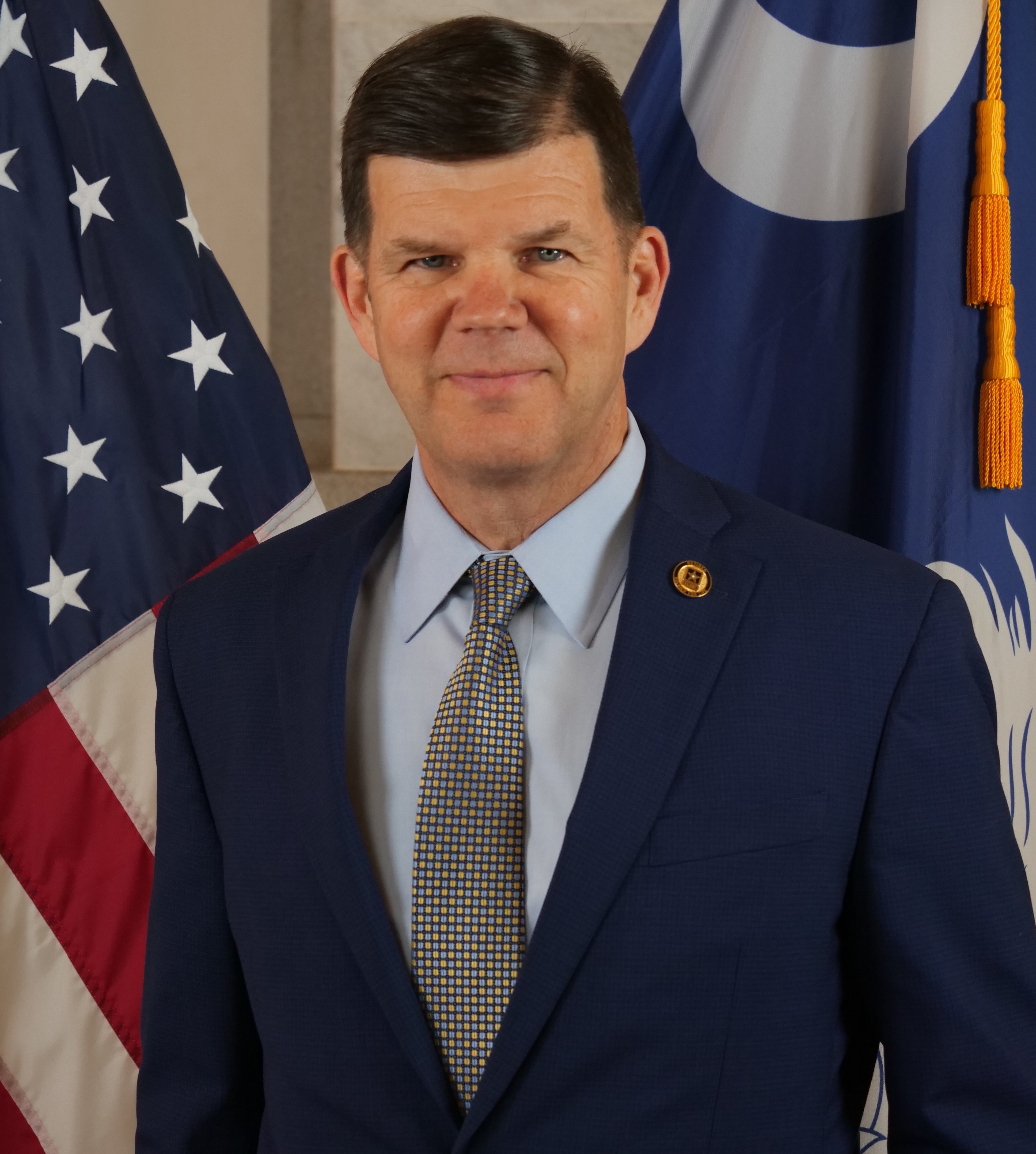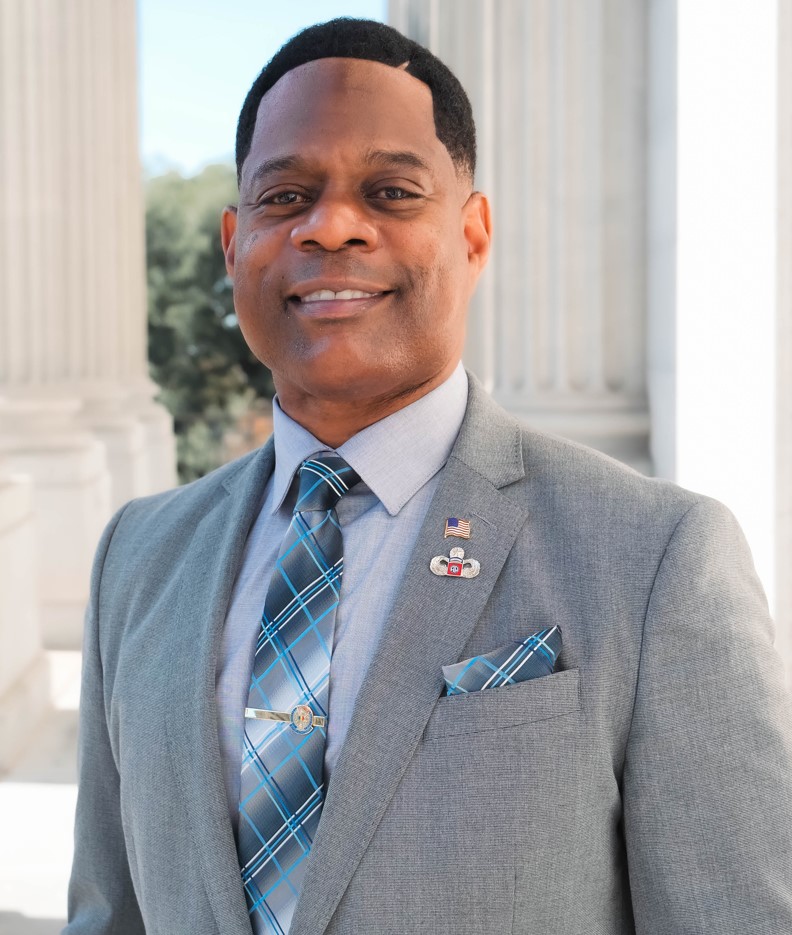
COLUMBIA, SC (SCDVA) - A new law signed in May 2023 by Governor Henry McMaster simplifies the process for military families enrolling their grade-school children into South Carolina classrooms before they transition to the Palmetto State for active duty.
The Military Temporary Remote School Enrollment Act requires school districts to accept a parent's military transfer orders electronically to sign their children up for any public school or any certain K-12 programs, providing exemption consideration with discretion for required “proof of residency” documents and flexibility for military families. The South Carolina Department of Education has notified school districts of the new law to be implemented in the upcoming school year.
 “In South Carolina we’re known for the warm welcome we provide to service members and their families. I’m pleased to see this commonsense policy change that honors our military families by making it easier to enroll their students,” said State Superintendent of Education Ellen Weaver. “This law gives districts the direction and flexibility to work with families and puts a strong focus on customer service.”
“In South Carolina we’re known for the warm welcome we provide to service members and their families. I’m pleased to see this commonsense policy change that honors our military families by making it easier to enroll their students,” said State Superintendent of Education Ellen Weaver. “This law gives districts the direction and flexibility to work with families and puts a strong focus on customer service.”
 “When I moved to South Carolina as a member of the military, my family personally found the documentation required for school enrollment challenging,” said Representative Bobby J. Cox, who served as the primary sponsor of the bill. “A change in station is already difficult enough for these families, and it’s our duty to remove any points of stress we can to make their transition to a new location easier.”
“When I moved to South Carolina as a member of the military, my family personally found the documentation required for school enrollment challenging,” said Representative Bobby J. Cox, who served as the primary sponsor of the bill. “A change in station is already difficult enough for these families, and it’s our duty to remove any points of stress we can to make their transition to a new location easier.”
 SCDVA Secretary Todd B. McCaffrey approached Cox with the idea to lessen potentially burdensome requirements that military families face when enrolling their children in school. Cox quickly saw how the problem McCaffrey described aligned with his own experience, and they moved forward together to solve this problem for military families coming to the state.
SCDVA Secretary Todd B. McCaffrey approached Cox with the idea to lessen potentially burdensome requirements that military families face when enrolling their children in school. Cox quickly saw how the problem McCaffrey described aligned with his own experience, and they moved forward together to solve this problem for military families coming to the state.
“Frequent moves remain a constant for military families. Among the most significant concerns these families face when they relocate is the need to enroll their children in new schools, often in new states, as they change stations,” said McCaffrey. "This new law will significantly reduce a major concern for military families, allowing them to settle in more quickly and thereby improve readiness. I’m proud of South Carolina and appreciative of Representative Bobby J. Cox and our General Assembly for their continued support for our military and their families.”
 Colonel Eric Flesch who is stationed at Shaw Air Force Base understands firsthand the challenges military families faced before this new law. "When a family gets their orders one of the first things that comes up is what are the schools like? And that's always been a big concern with every move," said Flesch. "Speaking from experience, we've missed some opportunities especially with the magnet programs because you can't even travel to visit the schools because you want to go an check out the housing and the new base but even if you visit the school a lot of times you can't pre-register or or get in line for some of those programs until you're physically there or have an address in that state."
Colonel Eric Flesch who is stationed at Shaw Air Force Base understands firsthand the challenges military families faced before this new law. "When a family gets their orders one of the first things that comes up is what are the schools like? And that's always been a big concern with every move," said Flesch. "Speaking from experience, we've missed some opportunities especially with the magnet programs because you can't even travel to visit the schools because you want to go an check out the housing and the new base but even if you visit the school a lot of times you can't pre-register or or get in line for some of those programs until you're physically there or have an address in that state."
 SCDVA Director of Government Affairs, Edward Bell, stresses the appreciation of military families in South Carolina and how they play an important part for the state's economy. Active-duty military brings in more than $34 billion annually to the state.
SCDVA Director of Government Affairs, Edward Bell, stresses the appreciation of military families in South Carolina and how they play an important part for the state's economy. Active-duty military brings in more than $34 billion annually to the state.
"We want to be military friendly and show our appreciation for all our active-duty military members and their families," says Bell. Serving 33 years in the military and raising four sons of his own, Bell also understands the struggles military families face with school enrollment.
"If this type of legislation would have been in all the places that I was stationed, my kids would have had opportunities to get enrolled in some of those extracurricular courses and magnet courses to ensure that they stayed competitive as they navigated through public schools." Bell believes this new law could also help attract more military members to the state who would eventually stay and retire.

